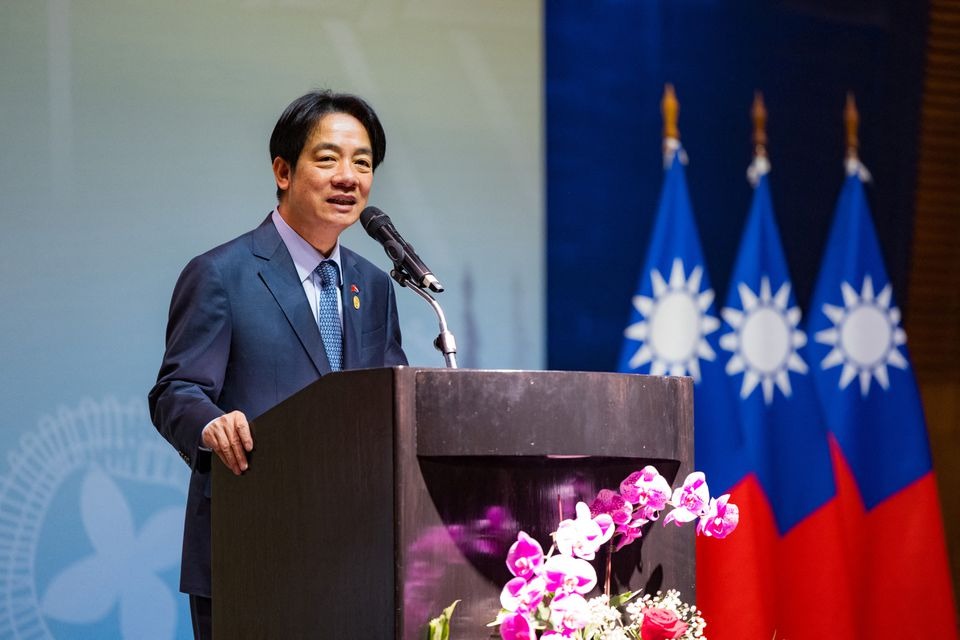Amid escalating tensions in the Taiwan Strait, Taiwan’s Vice President William Lai has strongly condemned any potential Chinese military action during his stopovers in the United States. Lai, a prominent figure in the island’s politics and the ruling party’s candidate for the upcoming presidential elections in January, emphasized that such actions would constitute an unwarranted interference in Taiwan’s democratic process. As the self-ruled island prepares for its pivotal polls, Lai’s remarks have shed light on the growing geopolitical complexities in the region.
Lai’s Assertion and China’s Response
Vice President William Lai’s recent declaration came during his visit to Paraguay, where he attended President Santiago Peña’s inauguration. The stopovers in the United States as part of his journey were deemed routine by Lai, who noted that China should not seize upon them to employ “verbal and military intimidation” against Taiwan. Lai’s stance was communicated through Taiwan’s official Central News Agency, where he stated that such intimidation attempts would only affirm the suspicion of international media that China was attempting to manipulate Taiwan’s election using military threats.
Escalating Tensions and Military Maneuvers
The self-ruled island of Taiwan has long been claimed by China as its own territory, raising concerns about the use of force to achieve Beijing’s aims. Taiwanese officials have indicated the possibility of Chinese military drills in the coming week, reflecting an increased frequency of incursions around the island’s waters and airspace over the past year. As the frontrunner for the January election, Vice President Lai’s assertion of China’s potential interference has gained significant attention, fueling the ongoing discussions surrounding the Taiwan Strait.
International Response and One China Policy
The international community has been closely observing the developments in the Taiwan Strait, particularly the United States’ role. While maintaining its One China policy, the US has supported Taiwan’s relationship without escalating tensions. US State Department spokesperson Vedant Patel emphasized that Lai’s US stopovers were consistent with the long-standing pattern of Taiwanese vice presidents traveling through the US. Patel reassured that the US had no intention of deviating from the status quo and regarded the transit as devoid of any pretext, coercion, or provocation.
Lai’s assertion against Chinese military interference and potential manipulation of Taiwan’s election has brought the region’s geopolitical intricacies to the forefront. As the self-ruled island prepares for its pivotal presidential elections, the implications of Lai’s statements reverberate through international discourse.
















